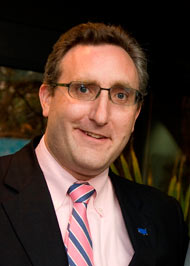My Uncommon Experience with a Mental Health Condition at Work
CDE Blog
Thanks for visiting the Campaign for Disability Employment’s (CDE) blog, which features insightful posts from a wide range of guest contributors. If you have an idea for a blog post about disability employment, we’d love to hear about it. Contact us at info@whatcanyoudocampaign.org.
At work, it’s what people CAN do that matters
Subscribe to our updates, follow us on social media and learn how to spread the word.
 My Uncommon Experience with a Mental Health Condition at Work
My Uncommon Experience with a Mental Health Condition at Work